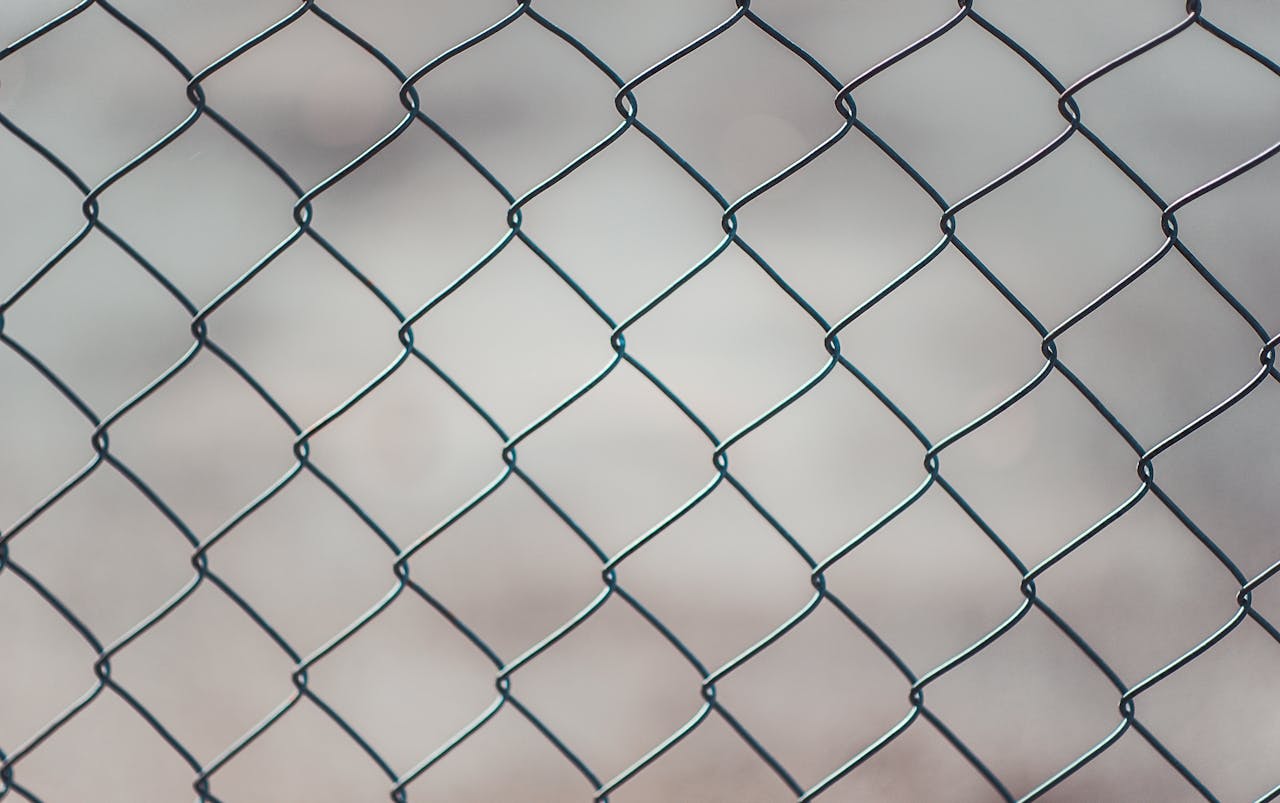A chainlink fence might seem like a straightforward choice for securing your property, but choosing the right one involves understanding several crucial aspects. Whether you’re a homeowner looking to secure your garden, a property manager safeguarding commercial premises, or a DIY enthusiast planning a weekend project, recognizing the characteristics of high-quality chainlink fencing is essential.
Choosing High-Quality Materials
The foundation of a durable chainlink fence lies in its materials. Opt for those made from premium steel or aluminium, known for their resilience against rust and corrosion. These metals are not only robust but also provide a long lifespan, ensuring that your investment stands the test of time. The secret to a reliable fence is quality metal, which is often galvanised or coated with vinyl to enhance its resistance to the elements.
Understanding Gauge and Weave
When considering wire thickness, gauge plays a pivotal role. Measuring the wire in gauge terms means that a lower number indicates thicker wire, which translates to a stronger fence. For most residential applications, a gauge between 11 and 9 is recommended, while commercial needs might require a heavier gauge. Additionally, the weaving pattern of the chainlink is critical. A tightly woven gate prevents unauthorised access and keeps pets or small animals from squeezing through. Check that the weave is uniform and free from gaps, which could compromise security.
The Importance of Height and Stability
Height is a significant factor in the effectiveness of a chainlink fence. It should be tall enough to deter individuals from climbing over, typically a minimum of four feet for residential use, though higher options are available for added security. Equally important is the stability of the framework. Solid posts and top rails are essential, providing the support needed to keep the fence upright and firm. If you notice wobbling posts or sagging sections, it could indicate poor installation or inferior materials.
Weather Resistance and Longevity
Another key feature of a good chainlink fence is its ability to withstand varying weather conditions without degrading. This is largely achieved through coatings that protect the metal from rain, snow, and ultraviolet damage. Look for fences with a PVC or powder-coated finish, as these offer superior protection and contribute to the fence’s longevity. Regular maintenance, such as cleaning and occasional touch-ups, can also prolong the life of your fence significantly.
Common Issues to Watch For
Even the best chainlink fences can develop problems over time. Keep an eye out for rust, particularly at the base and joints, where water tends to gather. Rust not only weakens the metal but also detracts from the fence’s appearance. Inspect the weave regularly for any loosening or damage that might have occurred, potentially compromising the fence’s integrity. Additionally, ensure that the posts remain stable; unstable posts can undermine the entire structure, leading to costly repairs.
Drainage around the base of the fence is another aspect often overlooked. Poor drainage can lead to water pooling, which accelerates rust and weakens the metal. If your fence is situated in a low-lying area, consider installing a simple drainage system or adjust the terrain to prevent water accumulation.
Final Thoughts
Selecting a chainlink fence involves more than just choosing a boundary. It’s about identifying a structure that combines strength, durability, and security. By focusing on high-quality materials, the correct gauge, tight weaving, appropriate height, stable framework, and effective weather resistance, you’ll ensure that your chainlink fence serves its purpose diligently.
Whether you’re enclosing a backyard or delineating a commercial property, investing in a good chainlink fence is key to peace of mind. Remember, while price is an important consideration, the quality of materials and construction should never be compromised. Aim for a fence that not only meets your immediate needs but also stands resilient through the years, securing not just your property but also your trust in its lasting value.
